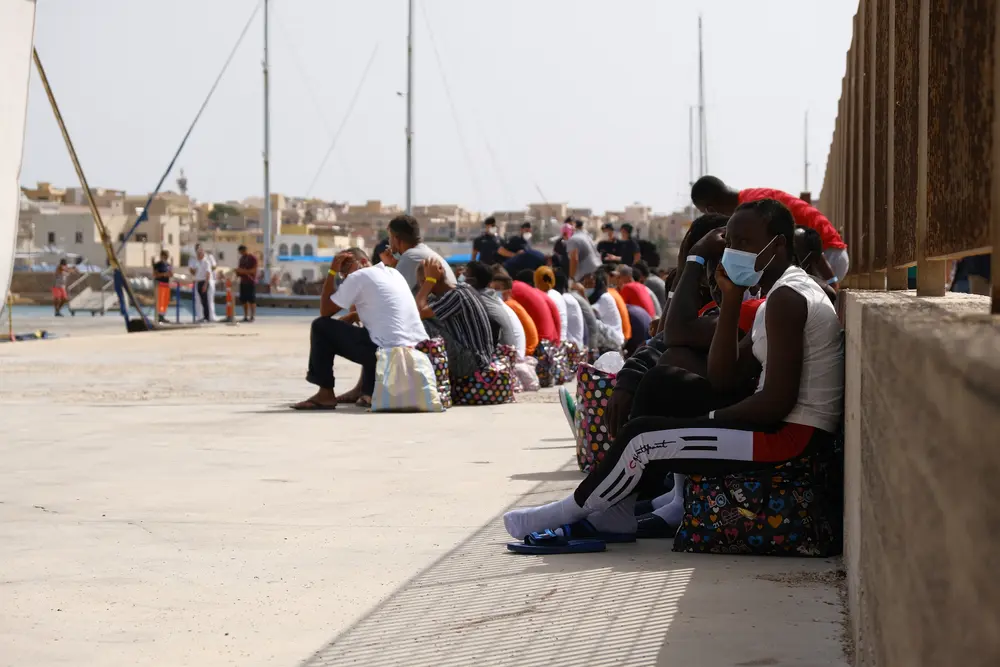
Senior MEPs warned that the EU’s ability to deal with illegal migration originating from Tunisia could be in freefall. The European Parliament’s foreign affairs committee met Thursday, August 31st, to discuss the impact of a recently signed asylum deal between the Tunisian government and Brussels brokered by Italian PM Giorgia Meloni.
Under the five pillars of the partnership agreement signed with Tunisia’s increasingly authoritarian government, the EU offered various economic sweeteners to the North African state including greater visa access for Tunisian students to the EU and green investment—on the condition that local authorities collaborate on stopping the migrant boats crossing the Mediterranean and helping to repatriate bogus asylum claimants.
The deal triggered disquiet among various member states—increasingly, Germany—who felt snubbed by the initiative spearheaded by the EU Commission and Meloni. Human rights groups linked the deal to a rise of xenophobic attacks in Tunisia against African migrants transitioning through the country.
At Thursday’s committee meeting, German CDU MEP Michael Gahler brought up the awkward fact that the €255 million in funds offered to Tunisia pales in comparison to a recent half-a-billion-dollar deal between Tunisia and Saudi Arabia. Evidently, the Tunisians have alternative potential partners other than the EU.
Many pundits warn against a Tunisian deal. Tunisia was the cradle of the 2011 Arab Spring, which caused economic collapse. The Tunisian economy remains in relative tatters as the IMF awaits to approve a €900 million bailout of the struggling nation.
But Director-General of Enlargements Gert Jan Koopman defended the Commission’s dealing with Tunisia. He stated at the hearing that the ability of Europe to avoid working with authoritarian regimes was a “luxury we can’t afford.”
Koopman also emphasised his wish that EU funds be used to get the Tunisian lifeguard service fully operational, as he reported a five-fold increase in the number of illegal migrations embarking for Europe from Tunisia this past year.
While there are concerns that the Tunisian government could renege on their promises to combat illegal immigration, the Tunisia-EU deal was welcomed by Rassemblement National MEP Thierry Mariani who highlighted the need for stability across the Mediterranean to deal with the asylum crisis.
Progressive MEPs criticised the European Commission for turning its back on the plight of imprisoned political dissidents in Tunisia. Irish MEP for the Left group, Mick Wallace, described the partnership as a mix of “liberalism, authoritarianism, and xenophobia” as he warned that Brussels could roll out austerity measures on Tunisia.
Elsewhere on the foreign affairs committee, MEPs locked horns on the question of Kazakhstan following a recent parliamentary delegation, with officials weighing up the current Kazakh government’s wish for greater economic ties with the West and the nation’s long-standing economic ties with Russia.
